Remembering Thich Nhat Hanh
Student eulogizes famed Buddhist monk who passed away on Jan. 22
“He will be remembered … for his heart. Thich Nhat Hanh will be remembered in all of us when we enact peace and mindfulness.”
Thich Nhat Hanh passed away on Jan. 22 at the age of 95 in the peaceful Tu Hieu Temple in Hue, Vietnam, his home and final resting place.
Born in Vietnam, Thich Nhat Hanh was a prominent religious leader whose teachings were built on peaceful activism and mindfulness. The news of his passing was met with an overwhelming outpour of support and sadness from his community of students and those who looked up to him. Despite this, Thich Nhat Hanh would have wanted his students not to mourn or feel pain from his passing, but instead, celebrate the transience of life and accept that this was just another experience in which his soul could partake.
As anthropologist Michael Oman-Regan tweeted, “I believe that if we were to ask Thich Nhat Hanh about his death he might respond with a very big smile. And he might say: Don’t you see Thay’s new form? The flower, cloud, rain, sea, wind, tree, the sangha. All are Thay’s continuation. You are all Thay’s continuation.” Thay is the proper Vietnamese term to refer to a monk from the perspective of their disciple.
Ordained as a monk at the age of 16, Thich Nhat Hanh believed and taught on the concept of engaged Buddhism — a branch of Buddhism applicable to the demands and complexities of modern life and society. He has touched the lives of countless people in the Western world by bringing the philosophies of Buddhism to what he considered the “corporate” lifestyle of the West.
I have studied and learned the words of Thich Nhat Hanh among other influential Vietnamese Buddhist monks. He has shaped a part of my identity and beliefs.
— Selinna Tran
He accomplished this through his establishment of the Plum Village, a monastery and a community that encapsulates and encourages the teachings of mindfulness. In the Buddhist religion and philosophy, the concept of a bodhisattva — an enlightened force or being of peace and healing for the world — was truly embodied by Thich Nhat Hanh.
In the early parts of his life, Thich Nhat Hanh worked to mediate peace during the tribulations of the Vietnam War. Monks and religious figures in Vietnam were faced with the tribulating question as to whether they would meditate or participate in the violent war that surrounded them. There wasn’t a clear option. Thich Nhat Hanh, at the time, decided that he did not have to choose. He enacted the practice of engaged Buddhism into the real world and continued to practice his beliefs and mindfulness during a time that was filled with suffering.
Eventually, he came to America and lectured on these principles at universities like Columbia and Princeton. Those that met Thich Nhat Hanh and spent time with him spoke to his gentle and kind nature — along with his immense intelligence regarding the philosophies of life and living.
Thich Nhat Hanh coordinated with activists, too. Civil rights activist Martin Luther King, Jr. called Thich Nhat Hanh “an apostle of peace and non-violence” as he nominated the “gentle Buddhist monk from Vietnam” for the Nobel Peace Prize.
Buddhism, beyond being a popular religion in East Asia, holds traditions that are intrinsic to Vietnamese culture and has been a part of my life growing up. I have studied and learned the words of Thich Nhat Hanh among other influential Vietnamese Buddhist monks. He has shaped a part of my identity and beliefs. Originally published in 1987, Thich Nhat Hanh’s novel, “Old Path White Clouds”, was a detailed presentation of Guatama Buddha’s life and teachings. I recall reading this at an early age and developing a connection to the lessons of Buddhism that Thich Nhat Hanh put forth.
Although he has passed, Thich Nhat Hanh will be remembered as an activist, a pioneer for social justice, an ecologist, a teacher, a disciple and so much more. He will be remembered through the lessons that he has left behind — in his words, novels, lessons, poems and other works. He will be remembered for his contributions, but most importantly, for his heart. Thich Nhat Hanh will be remembered in all of us when we enact peace and mindfulness.
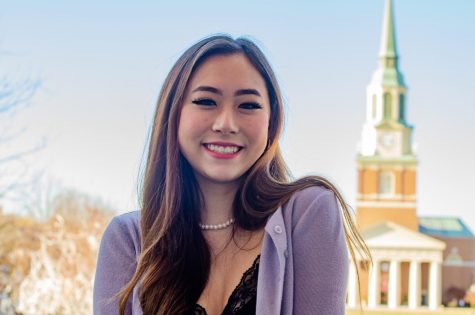
Selinna Tran is a senior studying Computer Science and Environmental Studies. If she isn't reading or painting, she’s listening to The Strokes while...


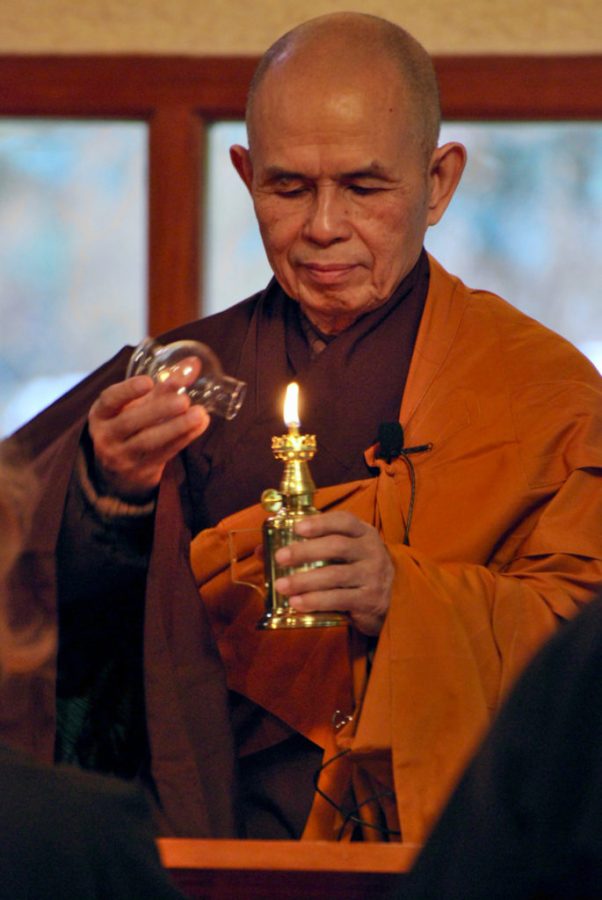
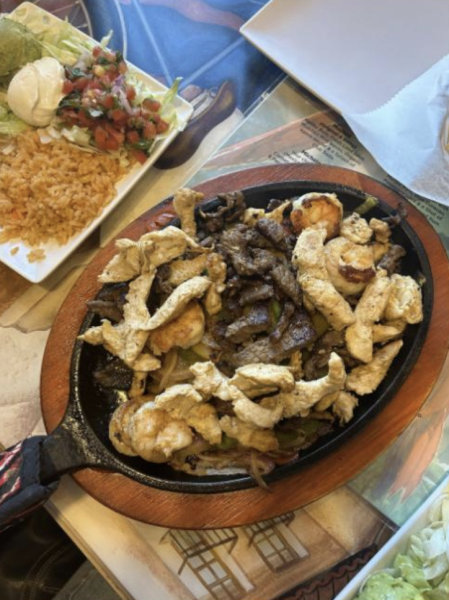


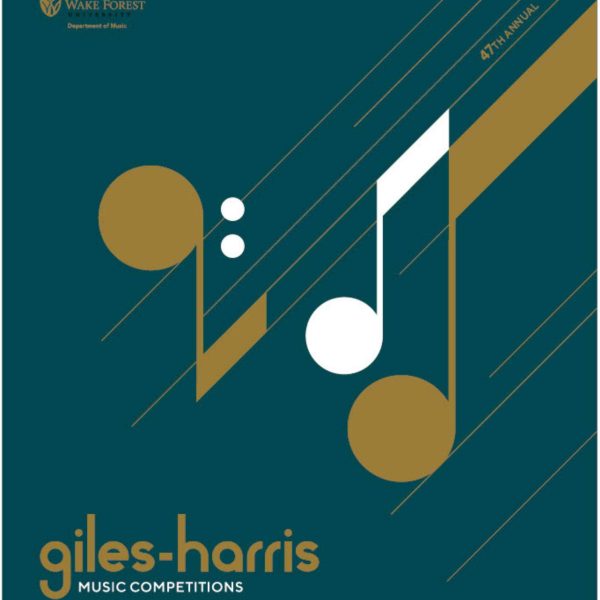



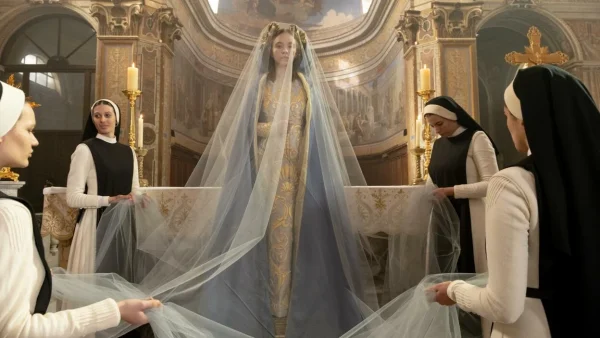


Mel • Jan 28, 2022 at 1:17 am
Thank you for this wonderful tribute to this great man. I have followed Thay for many years through his books, tapes and retreat. He was a true apostle of peace and deeply inspiring.